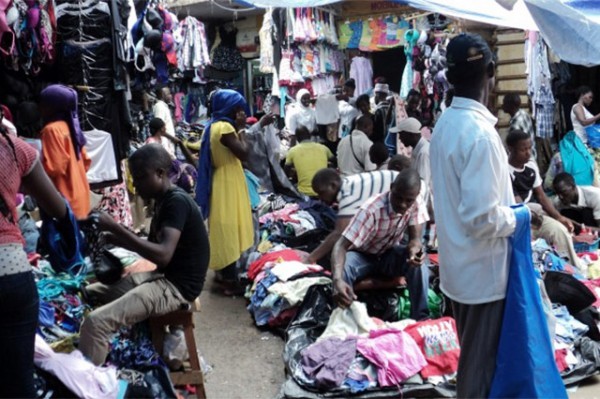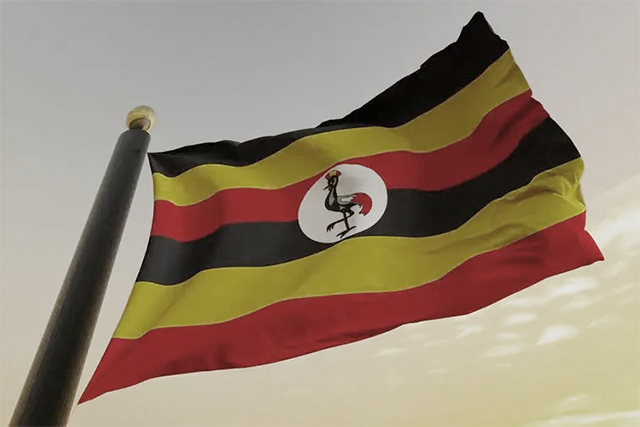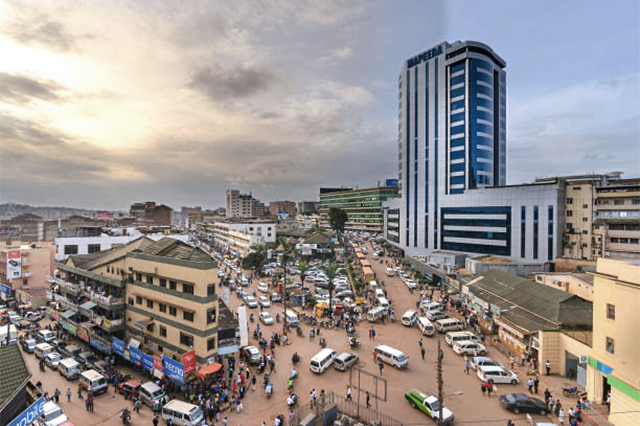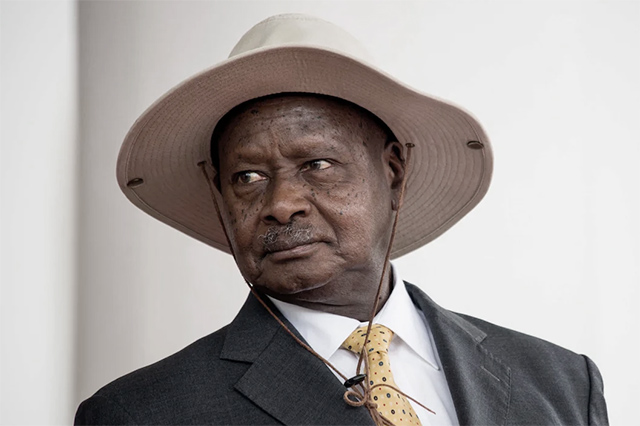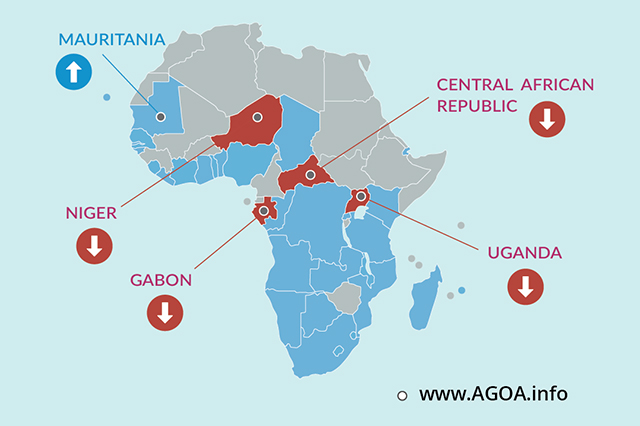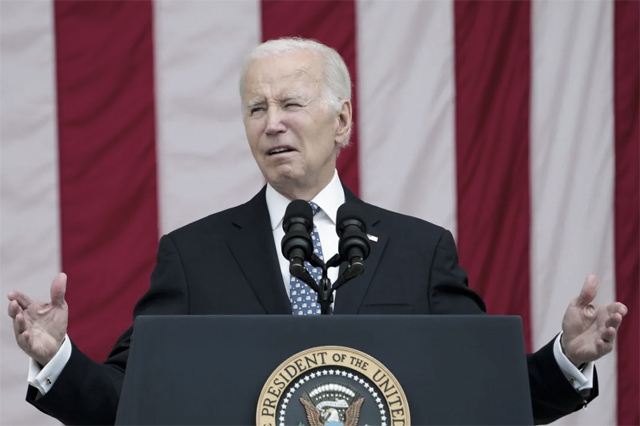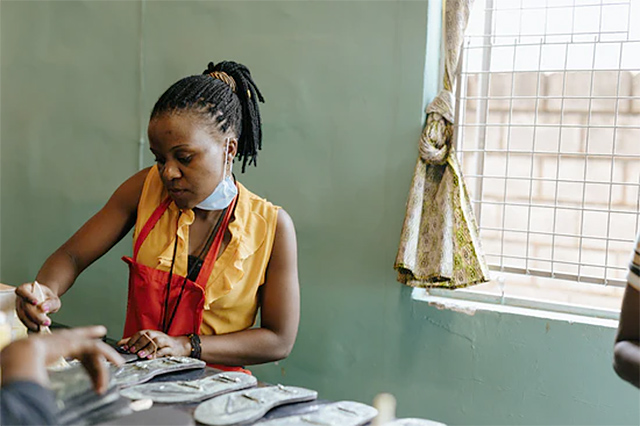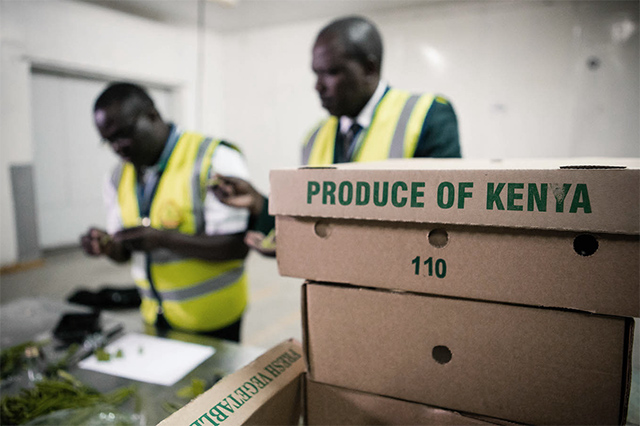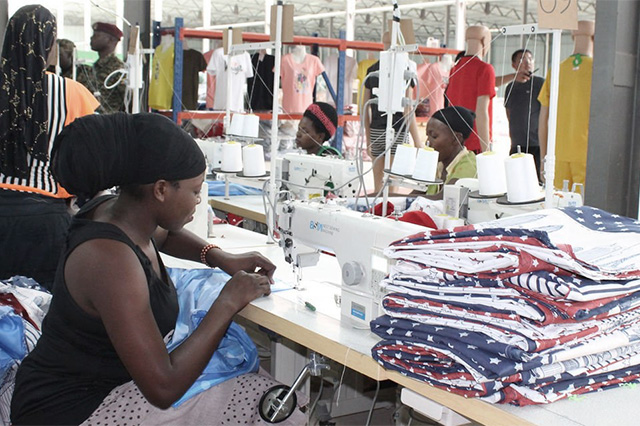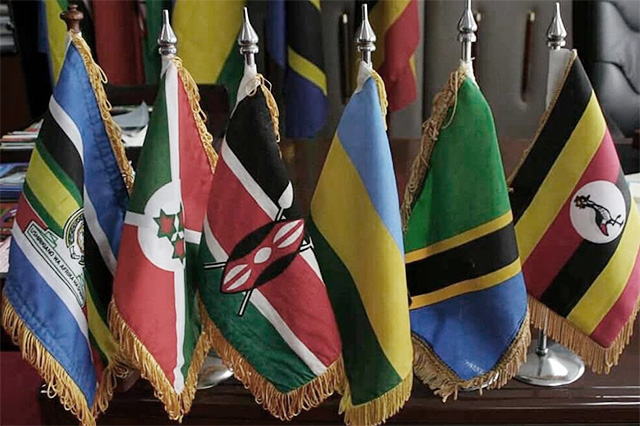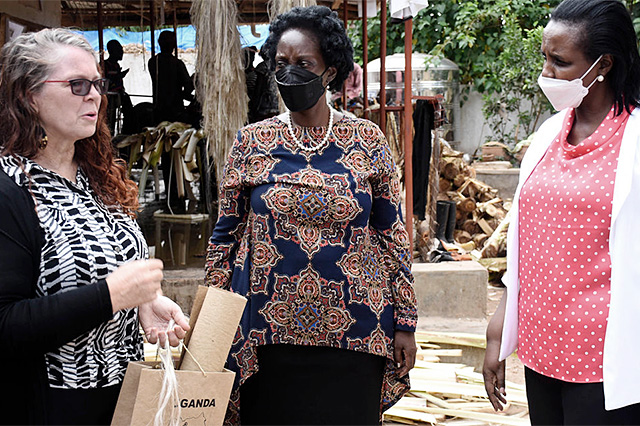Uganda: What ban of second hand clothes means for businesses
One and a half years ago, 25-year-old Everist Mulindwa dug into his pockets and picked Shs1m, an amount he invested in second hand clothes, also called "Mivumba."
He had just completed Senior Six and it seemed like the most viable business option for him.
"It was easy to start so I took a million shillings off my savings and went into the business," Mr Mulindwa says.
The trader in second hand dresses and blouses says there has been a change in his life since then because he is assured of retiring home with Shs100,000 in profit every week. However, Mr Mulindwa says the looming ban on second hand clothes threatens his source of income.
He is not alone. Ms Racheal, a lady in her early 20s sells new and used underwear for women in Gazaland, a popular mall in downtown Kampala. The part time student tells me she has been in this business for two years because it is simple to operate and she earns daily.
"Depending on the season, for instance, Christmas time or holidays, I can earn Shs300,000 a day in profit. For young people, this is a trending business because they have seen the outcomes," she says with a faint smile.
But this could change if government endorses its ban on second hand clothes. Mr Mulindwa says this would mean many people like him would suffer, right from the importers to hawkers of these clothes. Racheal would have to devise other means of generating income.
What consumers say
For consumers like Ms Agnes Ampiire, the ban is unwelcome because of the currently distressed economy. She says most Ugandans can only afford second hand clothes.
Ms Anicia Atukunda, a loyal customer says she is unable to afford first hand clothes because they are expensive.
"With just Shs10,000, I am able to get myself three blouses to wear to office at Shs3,000 each yet the lowest you can get a new blouse is Shs10,000. I buy skirts at Shs5,000 while one new skirt costs Shs20,000 at least. I cannot afford that with my job that earns me Shs300,000 a month," she explains.
The customer care service agent also says besides affordability, used clothes are durable and unique, qualities that the local textile industry hardly provides.
Behind the ban
A local second hand clothes trader Ms Faridah Asiimwe confirms she has heard about the ban and insists this is a move by government to weed out competition in the textiles sector.
"I think rich people in government are bringing in new clothes and they want the ban so that their businesses run well," she says.
On the contrary, in 2015, East African Community (EAC) Heads of State interested the Council of ministers in promoting the textile and leather industries in the region and stopping the importation of used clothes into the region. This resulted from the need for EAC to partly boost industrialisation in member states.
In Uganda, the decision was informed by Vision 2040 which seeks to promote agro-processing and manufacturing of consumer products, and the 'Buy Uganda Build Uganda' policy which seeks to support the production, supply and consumption of local goods and services.
In 2016, several pleas from the East African Legislative Assembly (EALA) and players in the textiles industry followed for the ban to be effected immediately.
However, Trade Minister Amelia Kyambadde maintained that the trade would remain for a while.
"Uganda has decided to go slow on the ban on used clothes. The ban on secondhand clothes will be a gradual process as Uganda develops her textile and leather industries," Ms Kyambadde was quoted in Daily Monitor last year.
Civil Society weighs in
As local traders cry foul, Civil Society says there has been an exponential growth of second hand clothes in EAC. This growth hurts Uganda's textile industry.
Civil Society now wants government and other East African Countries to phase out the importation of second hand clothes to support budding industries, grow an integrated economy that creates decent jobs and improved welfare.
Civil society's plight comes weeks after Uganda's eligibility to trade with the United States was placed under review over its position to ban used clothes.
The review is a result of a petition filed by Secondary Materials and Recycled Textiles (SMART) - a leading exporter of secondhand clothing in the United States, to the US administration in March 2017. SMART is seeking an initiation of a review to determine whether Uganda and other EAC countries are meeting the African Growth Opportunity Act (AGOA) eligibility criteria, with a view of suspending these countries from benefiting from AGOA.
AGOA, an act enacted in 2000 was put in place to assist and encourage economic growth and development in Africa, promote regional integration and facilitate integration of the region into the global economy by offering it better terms of trade. Under the Act, it was envisaged that there would be more investment from the US, improved production, employment and a boost in exports.
According to Southern and Eastern Africa Trade Information and Negotiations Institute (SEATINI), SMART states that the EAC's decision to ban second hand clothes would not only impose significant economic hardships on the United States' used clothing industry but also violate the AGOA agreement which requires beneficiaries to make consistent progress towards establishing a market for the US, thereby eliminating barriers to US trade and investment.
Impact on economy
Experts admit that second hand clothes play a critical role in creating employment and raising revenue for the country every year.
Ms Susan Nanduddu, the executive director of African Centre for Trade and Development (ACTADE), says it is difficult to estimate the number of Ugandans engaged in the trade. She, however, maintains that while the phasing out of second hand clothes will come along with challenges in terms of employment and revenue in the short run, the benefits in the long-term outweigh short-term gains.
"The Cotton and Apparel sector alone has the potential to employ 2.5m people. So, if we put our investment in the right places as a country, we shall be in position to gradually shift those who are currently engaged in the business of second hand clothes into a similar business but are indigenous and sustainable," she explains.
Uganda Manufacturers' Association executive director Tito Byenkya says banning second hand clothes is a good aspiration but there is need to tread carefully especially because there are factors to be considered such as local capacity to meet demand, standards, quality and diversity.
Like Ms Kyambadde, Mr Byenkya says the ban has to be a phased approach because the country operates within a broader global environment.
"Let it be phased but largely focusing on a combination of legal policy and fiscal intervention to make second hand clothes less desirable and promote the competitiveness of the locally produced clothes," he explained.
On whether the local manufacturers have the capacity to sustainably and comprehensively meet the country's textile needs in terms of quantity and quality, Mr Byenkya says, "There is a market but the question is can the local capacity respond to the demand of the market as it is. I would very confidently say I do not think so but we are getting there."
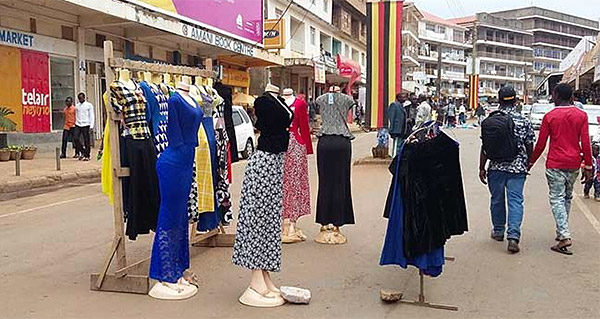
Local capacity
Experts also say not only does the country lack the capacity to produce for the end user but also lacks the capacity to produce the raw materials that sustain the textile factories.
Even with government support, the textile industry is still limping due to failure to turn around production and meet local demand, and for some factories, unsustainable business models.
Last year, Uganda recorded a fall in cotton production following low yields and fewer farmers engaging in cotton growing.
According to Uganda Revenue Authority manager public and corporate affairs, Mr Ian Rumanyika, this would be a good move and incentive that supports the local industry but it would have an implication on the tax revenue.
"Just like any other tax policy change we have, usually that affects the revenue collection but we find alternatives on how to balance the tax policy changes and have this gap filled," he says.
What players want
Ms Racheal says if government is to phase out import of second hand clothes, there is need to categorise the types that should be banned since used clothes are grouped as first, second and third class depending on the quality.
Mr Byenkya says the textile industry which is part of the BUBU policy has to step up and be supported in relation to capacity and quality.
On the other hand, SEATINI's Faith Lumonya says the US government should not use AGOA as a means to constrain Uganda's range of domestic policies provided for in World Trade Organisation rules but instead help the economy to achieve its development goals.


